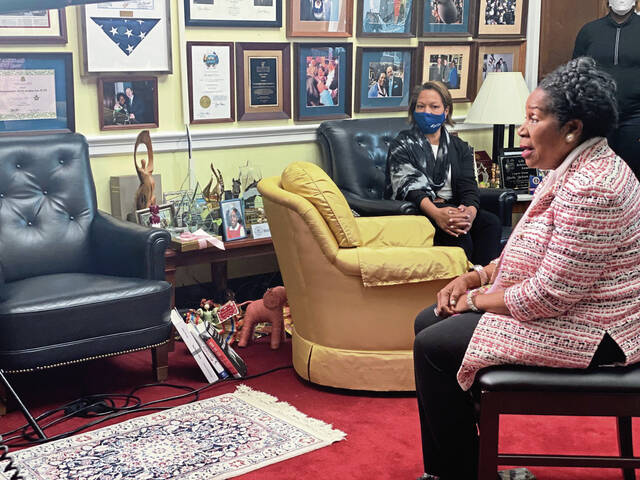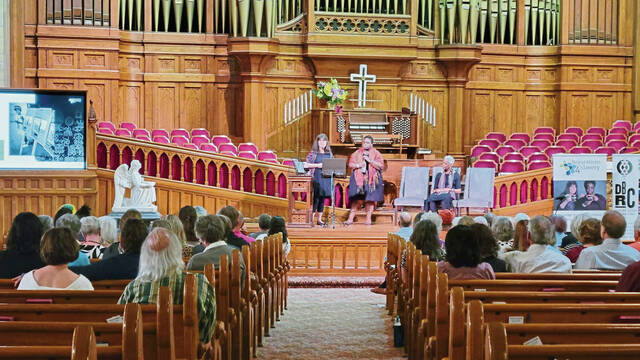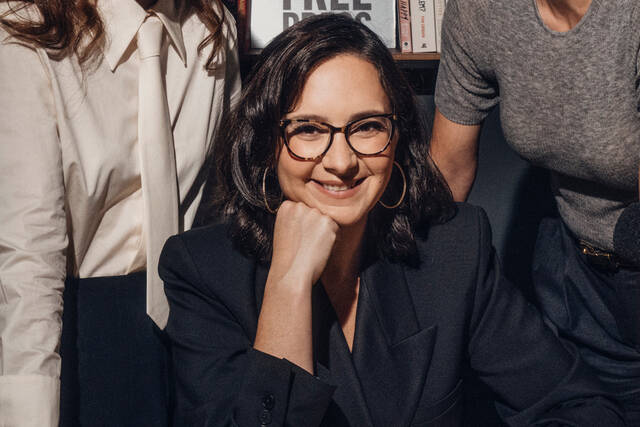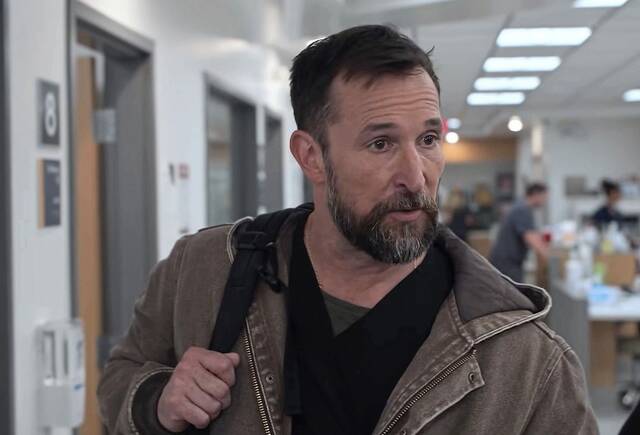Trib Total Media TV writer Rob Owen offers a viewing tip for the coming week.
Former WQED-TV vice president of content Darryl Ford Williams executive produced the revealing new one-hour PBS documentary, “The Cost of Inheritance: An America ReFramed Special” (10 p.m. Jan. 8, WQED), which explores the complex issue of reparations with nuance.
A co-production of WQED, The University of Michigan Center for Social Solutions and presented in partnership with WORLD Channel and American Documentary, the film premiered at DOC NYC, America’s largest documentary film festival, in November.
Yoruba Richen (“The Rebellious Life of Mrs. Rosa Parks”) directs the film, which uses several specific stories to form its narrative spine, including that of Sarah Eisner and Randy Quarterman. Eisner’s ancestors had owned Quarterman’s ancestors as slaves. Eisner and Quarterman founded The Reparations Project, which seeks to narrow the Black-white wealth gap.
While the series used the word “reparations” in its title during some points in its production, Ford Williams said more viewers will come to the film with an open mind if the film avoids that word in its title.
“From the outset, I always believed that putting ‘reparations’ in the title might serve as a barrier,” she said, while acknowledging that approach is a matter of debate (The New Jersey Institute for Social Justice deliberately includes the word in its “Say the Word” program on reparations). “I knew that our approach was not going to be the polarizing evidence that people would expect us to adopt in a documentary on reparations. We’ve handled it in a very balanced way and I wanted to give viewers a chance to tune in before they shut down.”
The film introduces contemporary characters and historical figures and tells the story of efforts to get reparations for former slaves and their descendants since the end of slavery. Ford Williams was particularly surprised to learn the story of Callie House, who during the post-Civil War reconstruction era lobbied to get reparations for Black people.
“Slavery is over. OK, you’re out on your own, but you have nowhere to live, you don’t own land and you have no means of support. And so she organized Black people to appeal to the federal government to get reparations, to get some means of support, and she had amassed a large number of people in this initiative,” Ford Williams said. “Then the federal government found out about it and arrested her, put her on trial and jailed her. That was really one of the very first reparations initiatives and I was not familiar with the story of this one woman. You just think about the boldness and the braveness of that act.”
That story also serves as a rebuttal to a clip of U.S. Senator Mitch McConnell, who is shown in the film saying he doesn’t think people today who had nothing to do with slavery should have to foot the reparations bill.
“I hope the film makes the point that it is not just about slavery,” she said. “I don’t mean to minimize the impact of slavery by saying it’s not just about slavery. But I am saying that that is the key vector that becomes Jim Crow, that becomes redlining, that becomes mass incarceration, that becomes disparity and health inequality, that becomes all of those metrics that divide us today that are systemic, that are born out of beliefs that one population should not have the same opportunities as another.
“And so, no, perhaps we cannot go back and address slavery,” Ford Williams continued, “but the things that happen every day in communities all across the country that are born out of the differences that are systemic are what we would encourage people to consider needing to be addressed today.”
“The Cost of Inheritance” did not film in Pittsburgh but it had several Pittsburghers (some who work at WQED) on its crew, including associate producer Iris Samson and director of photography Frank Caloiero.
Ford Williams said in researching the film, she was surprised to learn how many reparations initiatives are already underway across the country.
“It keeps growing every week. Through our research process leading up to the shooting (of the film), we would come across another article and say, ‘Oh, my goodness, there’s more happening,’” she recalled. “It was very clear that our work was timely because this was snowballing as part of a national conversation on a community-by-community, city- by-city, state-by-state-level — not necessarily federal. But I think all these smaller initiatives may ultimately provide a model for federal reparations to be considered.”










